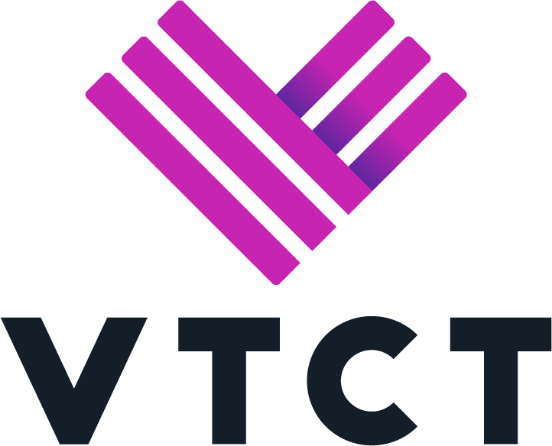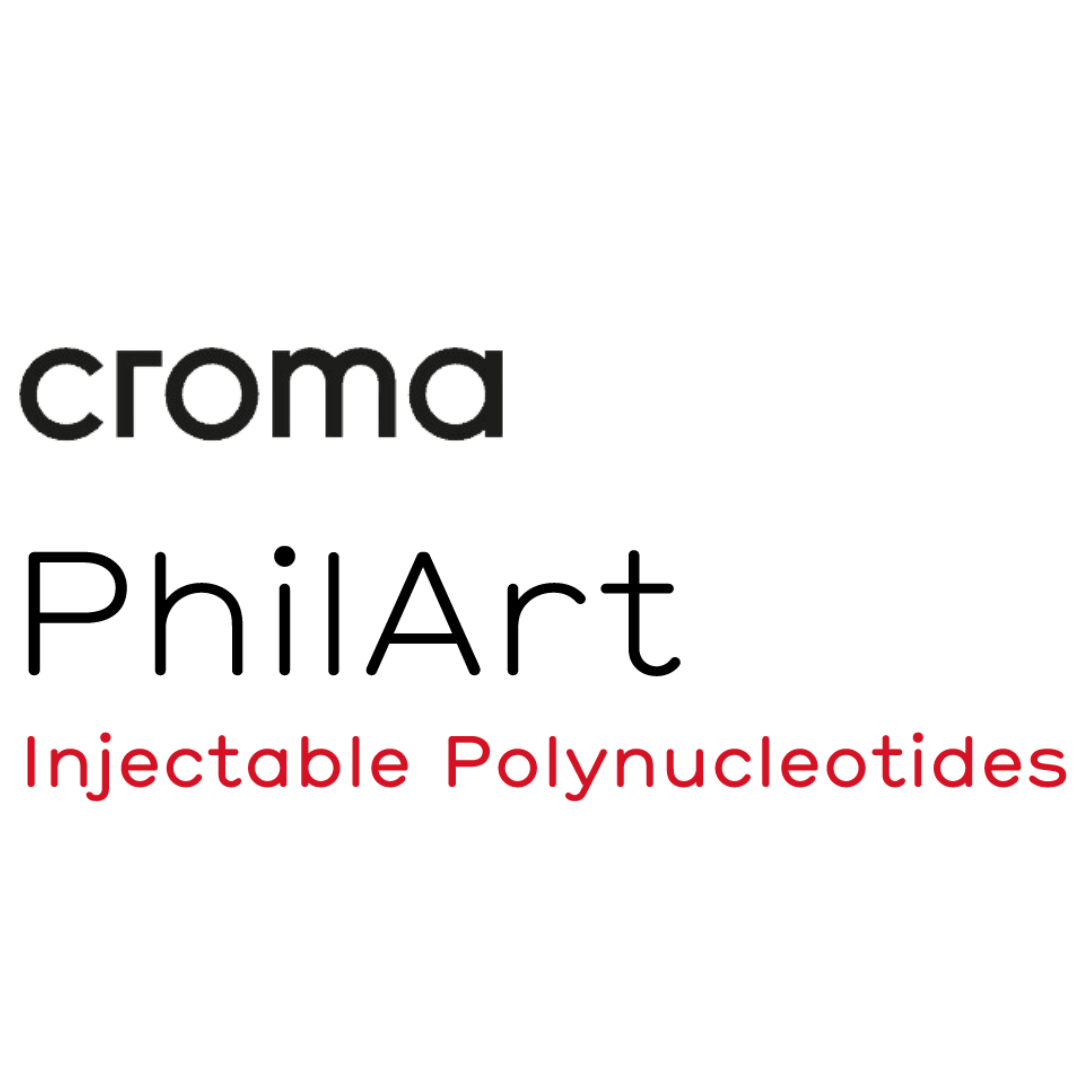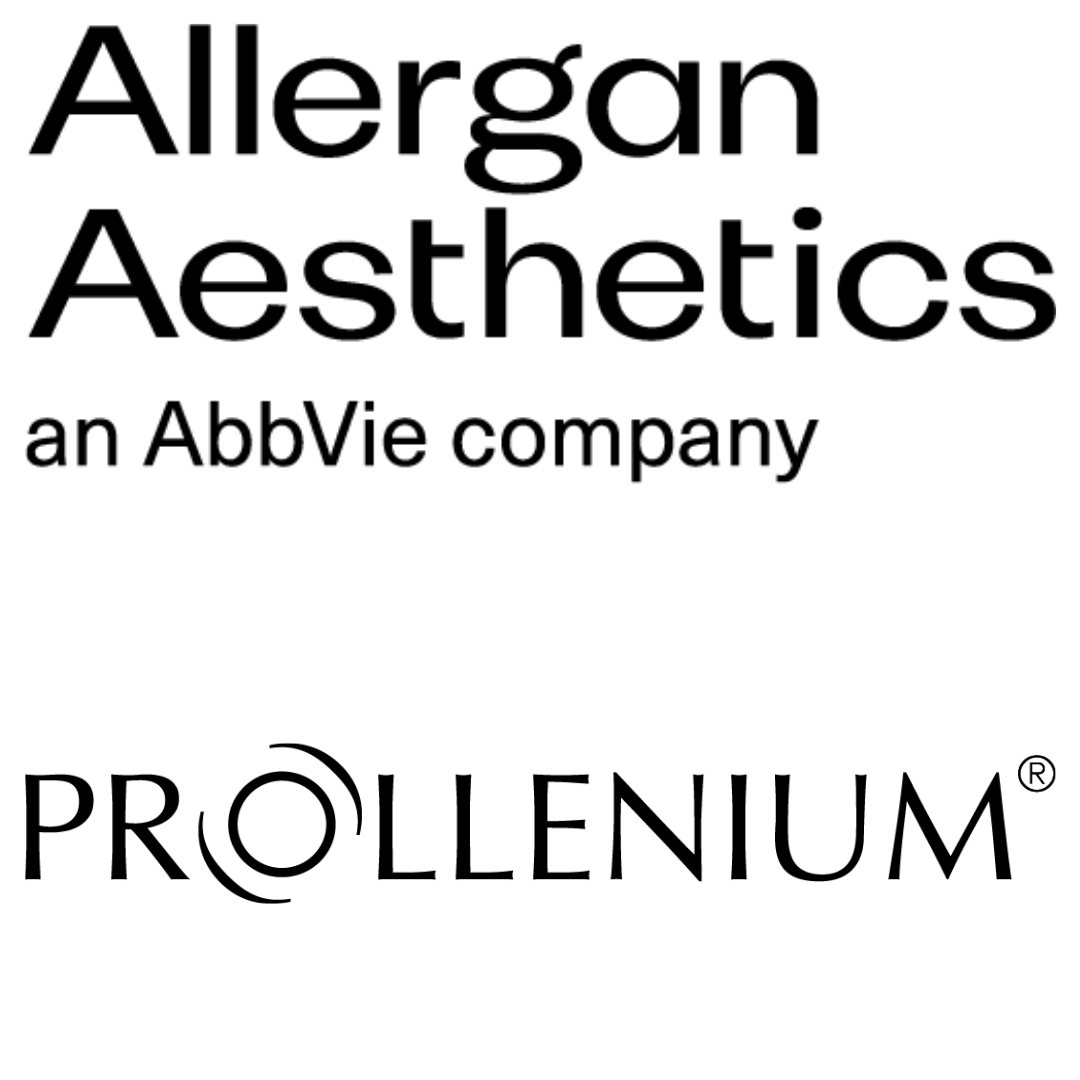Preparing For UK Aesthetics Licensing Changes
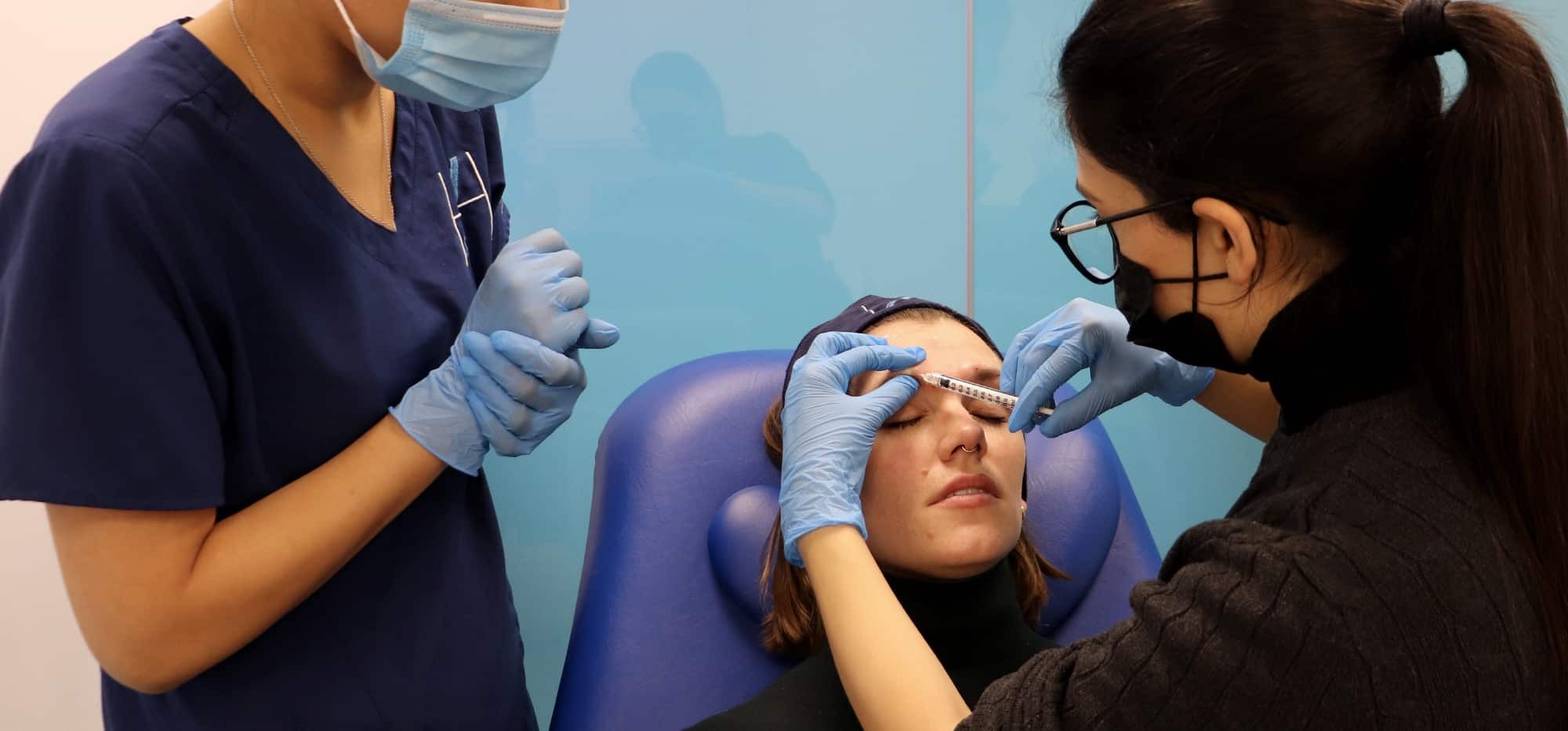
Harley Academy founder, Dr Tristan Mehta recently published an interview on Medium to celebrate 7 Years of Level 7. In it, he discusses how the industry is preparing for UK aesthetics licensing changes.
You’ll find a video of Dr Tristan discussing how to prepare for aesthetics licensing changes, at the bottom of this page.
Before that, we expand on some of the key points to give you further insights into exactly what these regulations are likely to mean for new and existing aesthetics practitioners.
Whether you’re just starting out, or are an experienced healthcare professional, we hope you find the following information helpful.
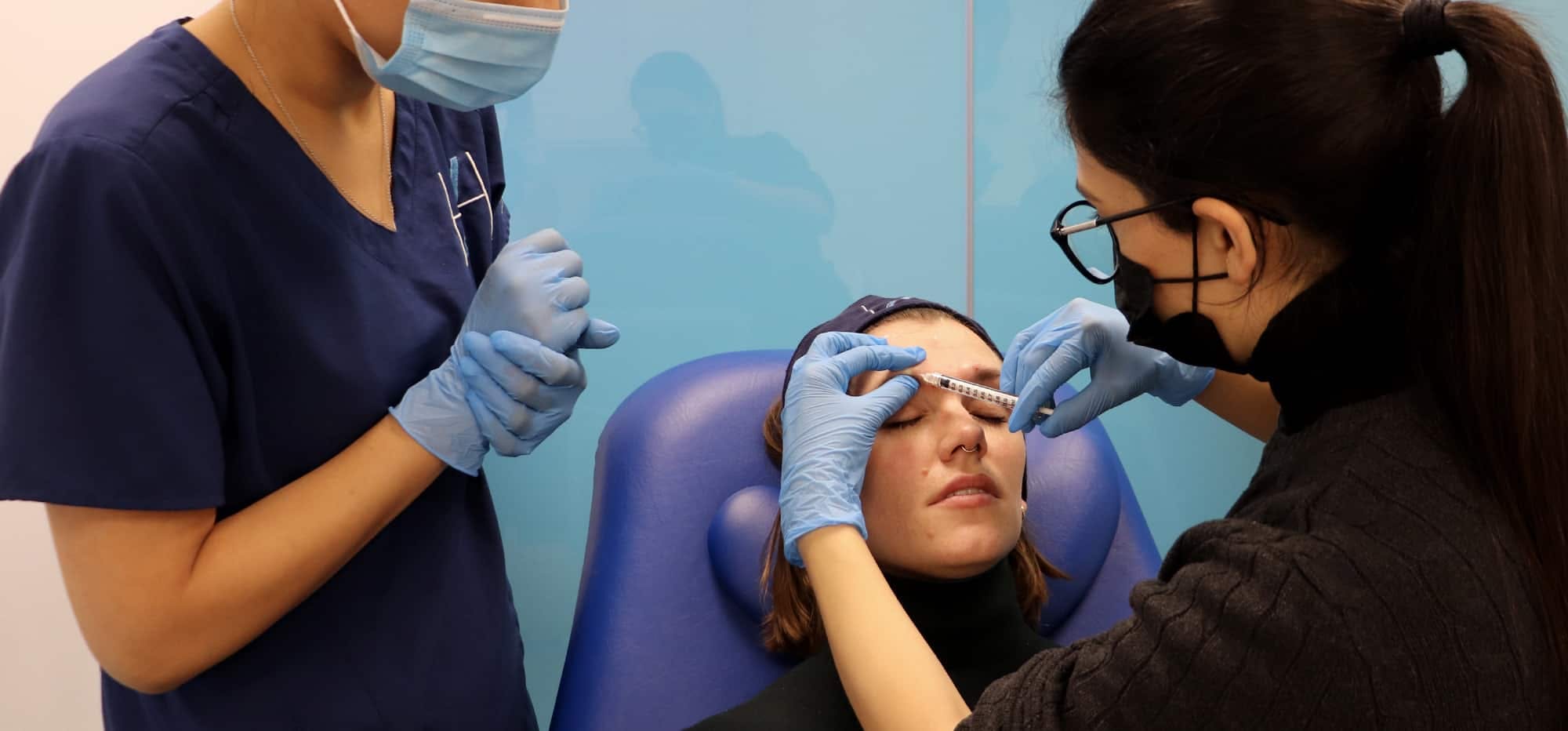
WHAT ARE THE CHANGES TO UK AESTHETICS REGULATIONS?
The government is starting to regulate UK non-surgical aesthetics via the introduction of the new Health and Care Act 2022.
Whilst the precise contents of these regulations are still to be determined, a number of steps have been put forward. These can be found most recently in the 2021 APPG recommendations and the JCCP 10 Point Plan. Before that, recommendations which still hold true, were delivered for governmental consideration via the Sir Bruce Keogh Review in 2012 and the Health Education England (HEE) review in 2015.
As you’ll see, there are many areas in need of regulation. These range from who can practice aesthetics in the UK, and should dermal fillers be made a prescription only device, to how to tackle social media’s role in advertising both injectables and aesthetic medicine courses that are not fit for purpose.
One aspect that has already been roundly heralded is the desire for licensing within the aesthetics industry.
As Dr Tristan explains, “I think the first thing to say here is that we don’t know the exact specifications that the government will use for licensing. However, it’s very clear that local authorities will be licensing both the premises and the aesthetics practitioner. In order to obtain this licence, there will be an agreed education standard that all injectors will need to meet.”
“We believe that this future standard will still be mapped to the original HEE guidelines put forward about seven years ago. These are the guidelines which inspired me to create the Level 7,” he notes.
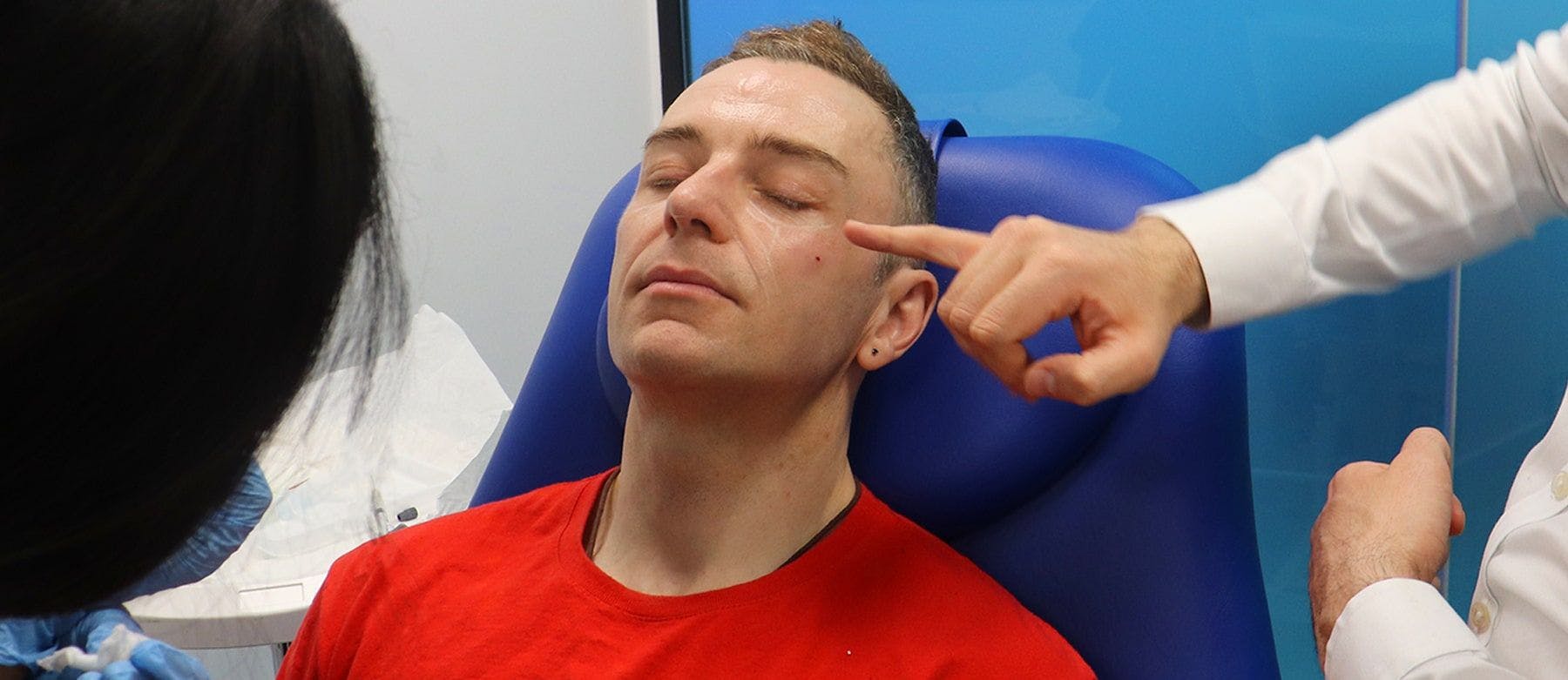
WHEN WILL THE NEW AESTHETICS REGULATIONS AND LICENSING COME INTO FORCE?
“In terms of timelines for when all of this is happening, in 2022 the government is going to include some requirements for aesthetics licensing in the new Health and Care Act. That doesn’t mean everything will be perfectly clear from this moment onwards, though,” says Dr Tristan.
“There’s likely going to be a two year consultation window where specialists and the public are consulted on defining this final education standard. It’s probably going to be another couple of years until there’s absolute clarity on the precise education standard that everyone has to get to, to become licensed.”
UPDATE: On 31 January 2023, the government confirmed their intentions to introduce a licensing scheme for all aesthetics practitioners. They confirmed they are working to do this “as soon as possible”.

WHAT QUALIFICATIONS DO INJECTORS NEED TO MEET THE NEW LICENSING REGULATIONS AND PRACTICE AESTHETIC MEDICINE IN THE UK?
As Dr Tristan has said, given the period of time it will take to finalise the licensing requirements and phase them in, there is likely to be a grace period for injectors to meet the relevant criteria to obtain a licence to practice aesthetic medicine.
The imminent advancement of these long-awaited UK aesthetics licensing changes has created huge demand for reliable, accredited aesthetics training. Not only for beginners wanting to get their careers off on the right track, but also for experienced aesthetics practitioners looking to formalise their training.
“Although we don’t know the exact specifications just yet, there are, in my opinion, some solid options available for those looking to train now,” advises Dr Tristan.
“Number one is the full Level 7 qualification in Botox and dermal fillers which you can undertake through a university or through an Ofqual-regulated route, such as Harley Academy. This includes all aspects of the course from self-paced eLearning to Observation Days and practical mentoring. It generally takes 6 to 18 months to complete but you can take up to 36 months if you need to spread your learning out.”
He continues, “For healthcare professionals who are experienced aesthetics practitioners and wish to undertake a qualification to formalise this training, Harley Academy offers a Fast Track Level 7 Diploma. Based on recognition of prior learning, this allows you to achieve the highest qualification in UK aesthetics without taking too much time away from your busy clinic. It requires you to submit a portfolio of evidence, then sit the assessment components of the exam and can be completed within 6 to 12 months.”
“A newly launched option, which is also only open to healthcare professionals, is the JCCP Fast Track Assessment,” he announces. “This non-qualification route gives practitioners with at least three years experience a process by which they can pass two exams to get an equivalent standard to what we believe the future licensing requirement will be.”
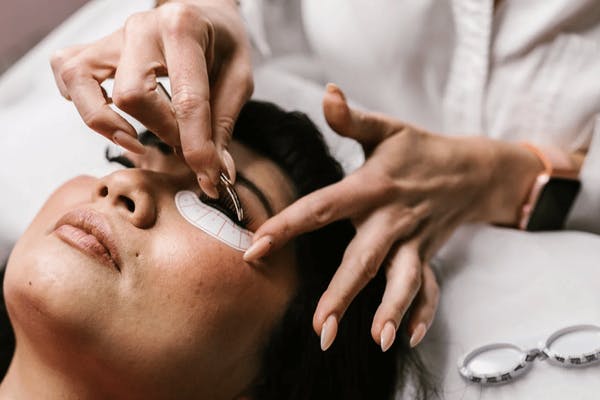
CAN INJECTORS WITH NO MEDICAL TRAINING STILL PRACTICE INJECTABLES OR WILL THE NEW AESTHETICS REGULATIONS PUT A STOP TO THIS?
As yet, we are unaware of the government’s plans in this respect. However, even if non-medics were to be allowed to continue practising, they would still be required to obtain the necessary licences.
We assume this would mean having to reach the same standards as healthcare professionals in order to be awarded the appropriate licences.
Whilst no one yet knows what standards will be applied to non-medics practising injectables, Harley Academy and the JCCP are united in our belief that only healthcare professionals should deliver these medical treatments.
Find out more
Read Dr Tristan’s full Medium interview, Setting the Standard for Medical Aesthetics Education – 7 Years of Level 7 – for more of his thoughts on licensing and the future of aesthetics.
Alternatively, you can watch him talk through these aspects in the video below.
If you’d like to discuss any of our aesthetics training courses, Level 7 Diploma training or Fast Track options, book a call with our courses advisor, Christine Slater, who’ll be happy to help.
7 Years of Level 7: Dr Tristan Mehta, Harley Academy founder and CEO, creator of the Level 7 qualification in injectables, explains where we are with changes to UK aesthetics regulations and licensing, and what this will mean for new and experienced healthcare professionals practising aesthetic medicine




